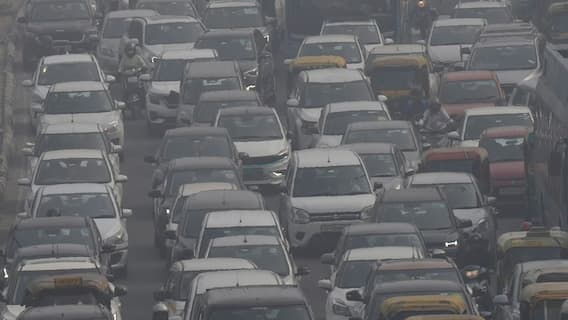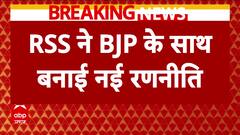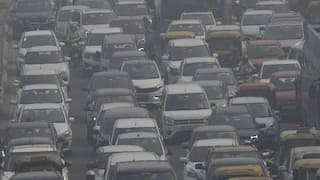Govt Considers Tax Cut On Soybean Oil, Sunflower Oil To Cool Prices: Report
The central government is deliberating whether to slash the agriculture infrastructure and development cess, which is currently 5 per cent, or abolish it, a source said

New Delhi: To cool surging prices of food, the central government is considering cutting an import levy on soybean and sunflower oils, quoting a source, Bloomberg reported.
The source has said that the government is deliberating whether to slash the agriculture infrastructure and development cess, which is currently 5 per cent, or abolish it.
A final call on the issue may be taken this week. Bloomberg tried to reach a finance ministry spokesperson, however he didn’t respond.
The extra levy is used by the government to collect funds for farm infrastructure projects.
Some limited options are available for the government to reduce the soaring vegetable oil prices across the country. One such effort will be cutting the tax on the vegetable oils.
India has already scrapped base import levies on most cooking oils, including palm oil and soybean oil, and imposed inventory limits to prevent hoarding.
Edible oil prices in India, which relies on imports for 60 per cent of its needs, have surged this year along with international prices following the war between Russia and Ukraine that disrupted the supply of sunflower oil from the Black sea region.
In addition to it was concern about production levels in Malaysia, and a recent surprise move by Indonesia to temporarily ban palm oil exports, before replacing it with a domestic sales quota. However, Indonesia has lifted the ban on palm oil export.
India is battling to tame severe inflationary pressures, with prices of food, fuels, and crop nutrients rising. Wholesale inflation in India surged in April to the highest in more than three decades.
The Centre announced tax cuts on gasoline, diesel, coking coal, and raw materials for making steel during the weekend, and boosted its subsidy for crop nutrients to tackle high prices that have been hitting households, farmers, and manufacturers.
Top Headlines
Trending News



































